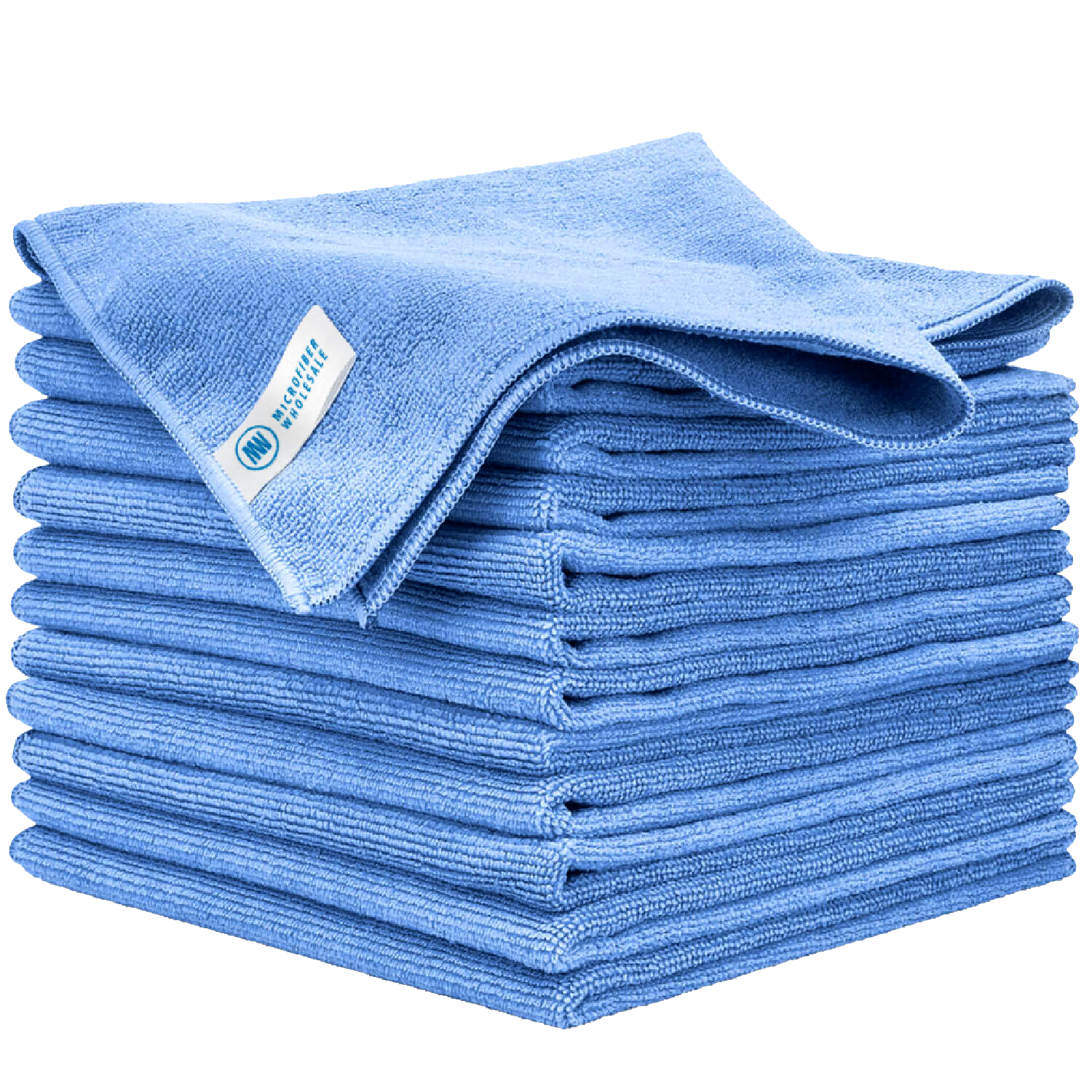4. Tile Grout
Mold and hard water stains tend to build up on tile grout, particularly in wet areas. And although vinegar can effectively kill some mold and remove hard water stains, it’s not recommended for use on tile grout.
Over time, vinegar will erode grout which allows mold and mildew to get deeper into grout lines, causing long-term damage.
Do This Instead
Use a grout brush and a specific grout cleaning solution to clean deeply and prevent damaging surfaces. When grout is clean, you can then use a sealant to protect the surface from invading soils.
5. Knives
It might be tempting to clean your expensive kitchen knives with an all-natural cleaner like vinegar. It not only cleans, but can effectively remove rust stains from metal.
But, as mentioned, vinegar is an acidic solution, so it not only erodes rust, it can also corrode the metal the rust inhabits. So your sharp kitchen knives eventually become jagged and useless.
Do This Instead
To clean your knives, just use detergent and warm water with a scrubbing sponge. And if they have any rust, you can buff it off gently with very fine steel wool.
6. Small Appliances
When cleaning small kitchen appliances like blenders, coffee makers, and toasters, it's generally safe to use vinegar on plastic and glass surfaces. But it's important to avoid applying vinegar to rubber parts or metal components, including stainless steel, which can corrode.
Do This Instead
Most appliances can be cleaned with a high-quality waffle weave microfiber towel and water. If you need a little extra oomph, add a little mild all-purpose cleaning solution.
7. Hardwood Floors
Numerous flooring manufacturers will advise against using vinegar for hardwood floor cleaning, going as far as voiding warranties for any vinegar-related damage. Diluted vinegar can harm the protective finish of wood floors and furniture, resulting in a cloudy, dull, or scratched appearance.
Do This Instead
Always follow the manufacturer's cleaning guidelines. If this isn’t available, opt for cleaners formulated explicitly for hardwood floors with a high-quality microfiber flat mop.
8. Electronic Screens
Cleaning electronic screens, such as phones, TVs, and computers can be tricky. They’re prone to fingerprints and oily smudges, so it’s tempting to reach for a cleaning solution like vinegar to remove these soils.
But using undiluted vinegar can damage a screen's anti-glare properties and reduce touchscreen responsiveness.
Do This Instead
A dry suede cloth will buff away most things, like fingerprints and smudge marks. But for stubborn stains, use a very damp microfiber cloth to remove soils, and polish the surface with a lint-free microfiber glass cloth.


















 By continuing with your order, you acknowledge and agree to the following:
By continuing with your order, you acknowledge and agree to the following: